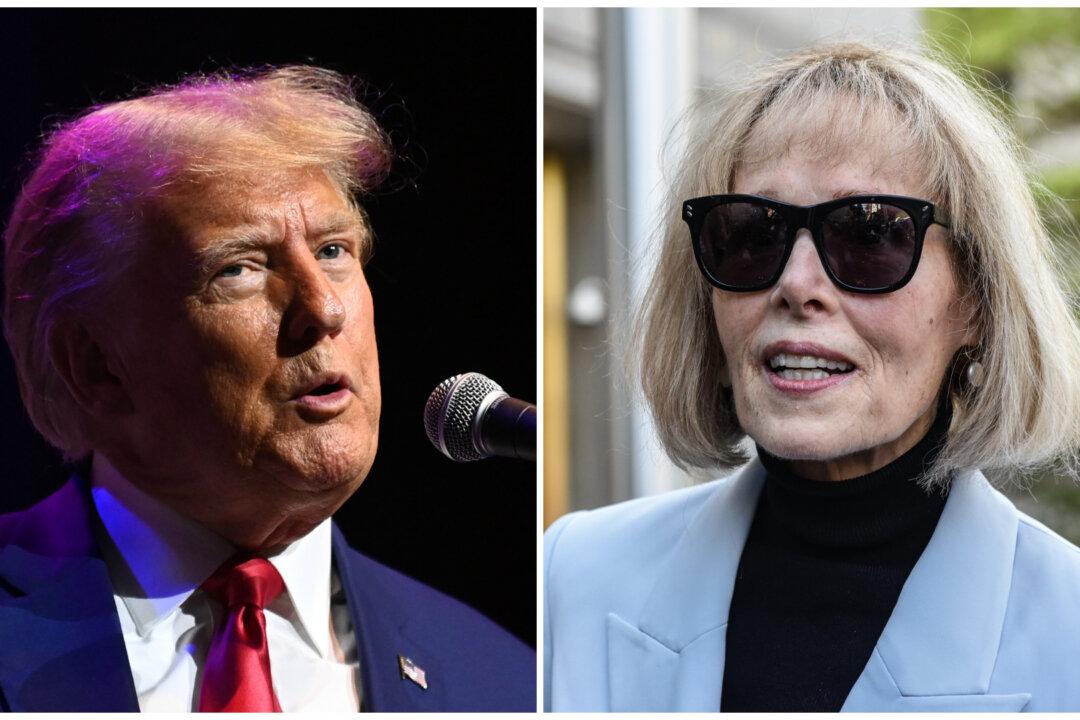The Second Circuit appeals court has denied former President Donald Trump’s request to pause a court decision while he appeals the defamation case writer E. Jean Carroll brought against him, but it has ordered that the appeal be expedited.
“It would be in the interest of the parties, as confirmed during oral argument, for the Court to resolve the issue of absolute presidential immunity as presented in the two appeals expeditiously,” the court clerk wrote on Wednesday.





